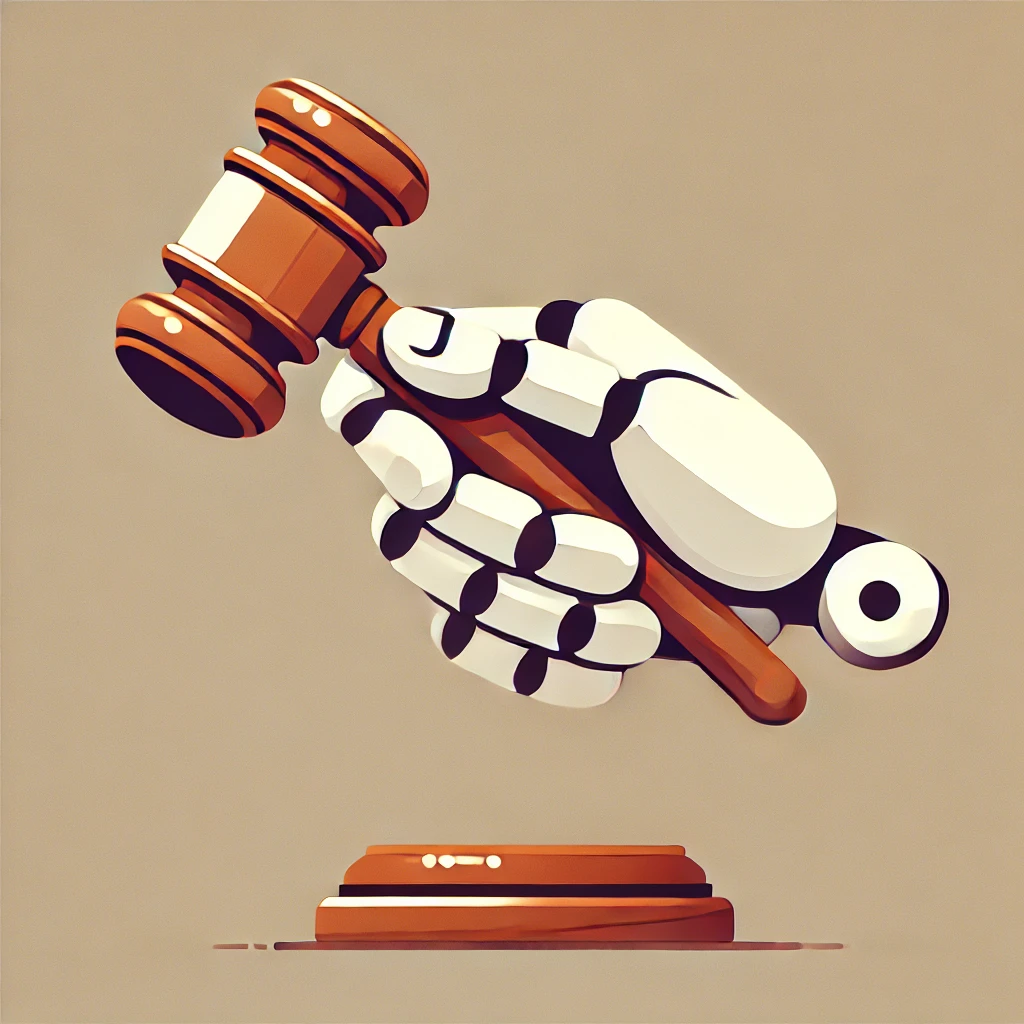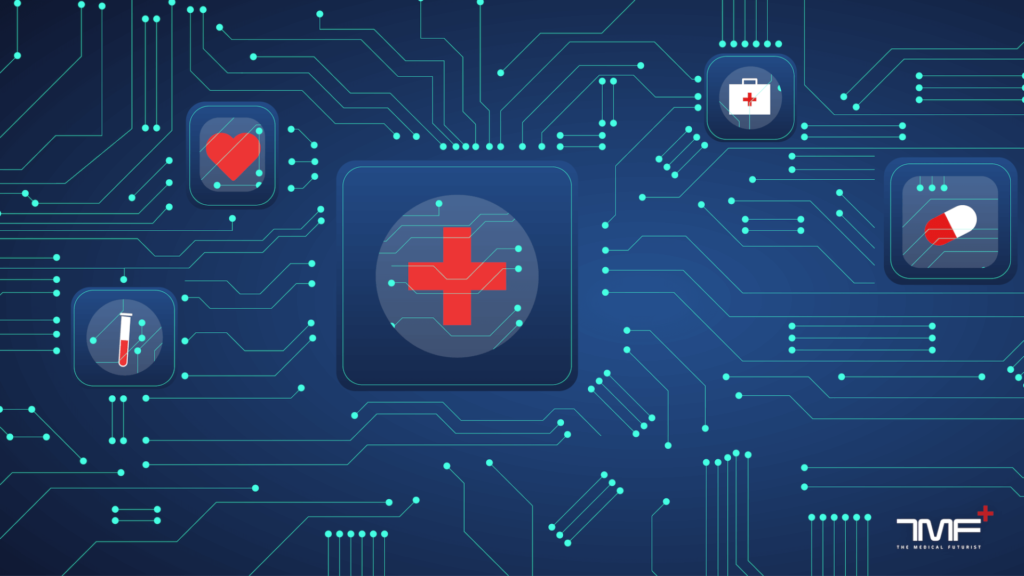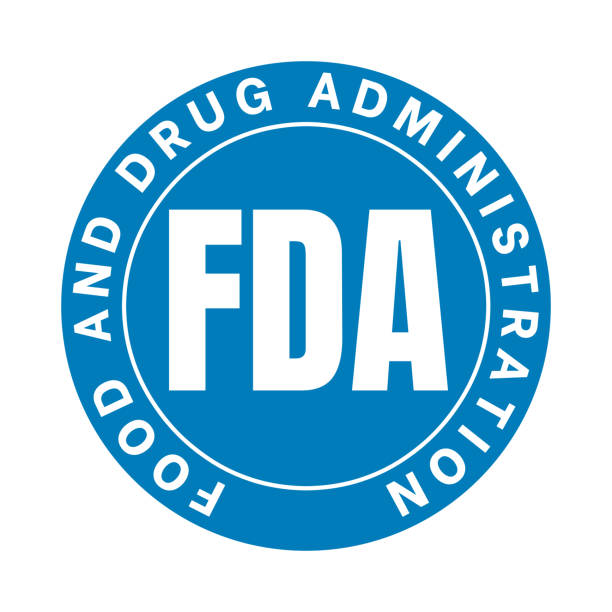AI Regulation

As AI continues to transform beauty and healthcare, governments and regulatory bodies are stepping up to ensure that these technologies are used ethically, safely, and responsibly. In this section, we dive into the latest developments in AI regulation and what it means for companies and consumers alike.
Key Regulatory Frameworks
United States (FDA) ▾
AI technologies in healthcare are regulated under existing frameworks for Software as a Medical Device (SaMD).
In 2019, the FDA proposed the “Regulatory Framework for Modifications to AI/ML-based SaMD,” emphasizing continuous monitoring and performance updates.
The FDA issued an “AI/ML-based SaMD Action Plan” in 2021 with key actions like good machine learning practices (GMLPs), patient-centric transparency, and bias elimination.
United Kingdom (NICE, MHRA) ▾
The “Evidence Standards Framework for Digital Health Technologies” (2019) provides guidance for AI in healthcare.
The Medicines and Healthcare Products Regulatory Agency (MHRA) launched the “Software and AI as a Medical Device Change Programme” in 2021, which focuses on AI algorithm evolution, cybersecurity, and bias.
European Union (AI Act) ▾
The AI Act, passed in 2024, lays out a risk-based regulatory framework for AI technologies in healthcare (click here to read more).
High-risk AI systems, such as those managing electronic health records, are required to meet strict standards for transparency, risk management, and data governance.
Australia (TGA) ▾
Australia’s Therapeutic Goods Administration (TGA) regulates AI healthcare technologies under the “Regulatory Changes for Software-Based Medical Devices” (2021), with a focus on high-risk software.
It employs a risk-based classification system and regulates AI used for diagnostic or treatment purposes.
China (NMPA) ▾
The National Medical Products Administration (NMPA) published guidelines for AI-aided software in 2019, emphasizing the control of algorithm performance and data quality.
Recent guidelines (2022) address the lifecycle of AI medical devices, including clinical risk assessments and cybersecurity.
Brazil (ANVISA) ▾
Brazil’s 2021 “Legal Framework for AI” introduced a risk-based approach to AI regulation, especially for high-risk healthcare applications.
A draft AI law published in 2022 mandates algorithmic impact assessments and governance structures to ensure non-discrimination and privacy protection.
Singapore (AI Verify, HSA) ▾
Singapore’s Health Sciences Authority (HSA) issued guidelines for AI as a medical device, focusing on transparency, fairness, and human oversight.
The AI Verify framework launched in 2022 helps companies demonstrate responsible AI practices, aligning with international AI standards.
Featured Resources
The Current State Of Almost 950 FDA-Approved, AI-Based Medical Devices

This article explores the FDA’s evolving regulatory approach to AI in healthcare, focusing on the significant growth in AI-based medical device approvals, particularly in radiology. It highlights the challenges of regulating adaptive AI technologies and the importance of stringent oversight to ensure patient safety.
The Regulation of Clinical Artificial Intelligence

This article discusses the challenges policymakers face in regulating clinical AI, particularly generative AI in healthcare. It highlights the need for new regulatory paradigms to ensure safety and efficacy as AI technologies advance beyond traditional forms, emphasizing the importance of timely policy development for patient safety in clinical AI applications.
FDA Perspective on the Regulation of Artificial Intelligence in Health Care and Biomedicine

This article discusses the FDA’s regulatory approach to AI in healthcare, highlighting the challenges posed by AI’s rapid advancement. It advocates for flexible, risk-based regulatory frameworks to ensure AI technologies improve patient care while maintaining safety and efficacy.
FDA Digital Health Advisory Committee Meeting – Generative AI Enabled Devices

This FDA Executive Summary highlights considerations for regulating generative AI (GenAI)-enabled medical devices, emphasizing a total product lifecycle (TPLC) approach to ensure safety and effectiveness while addressing unique challenges such as AI “hallucinations,” risk management, and performance monitoring.
FDA Commissioner Robert Califf on Setting Guardrails for AI in Health Care

This article highlights the FDA’s efforts to regulate AI in health care through flexible, risk-based approaches and continuous monitoring to ensure safety and effectiveness. With nearly 1000 AI-enabled devices approved, it underscores the transformative potential of AI and the importance of collaboration and oversight to prioritize patient health outcomes.
HHS’s Artificial Intelligence Strategic Plan
strategies for using AI in HHS operations, such as advancing health equity, optimizing healthcare delivery, enhancing research capabilities, and strengthening data privacy and security. The plan emphasizes the need to develop AI solutions that are transparent, accountable, and equitable. It also focuses on the responsible use of AI, ensuring it aligns with ethical standards and fosters trust among the public.


